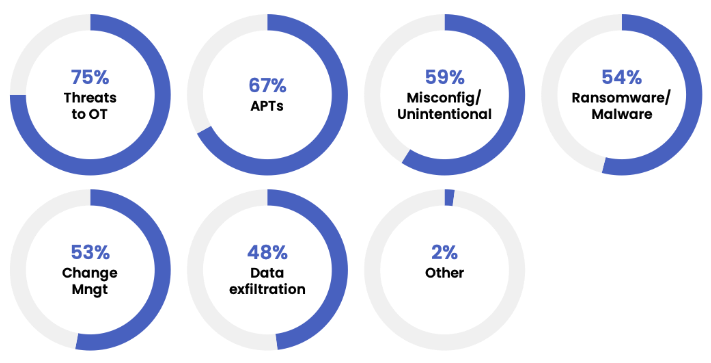A newly discovered campaign related to the Bad Magic APT involved use of a modular framework dubbed CloudWizard. Its features include taking screenshots, microphone recording, keylogging, and more.
Secure remote access is essential for industrial organizations, but many employees who took part in a recent survey by Cyolo expressed concerns about the associated risks.
After BleepingComputer contacted Luxottica about the published data, the firm confirmed that the leaked data came from a security incident that impacted a third-party contractor holding customer data.
The Department of Justice revealed today that an 18-year-old man named Joseph Garrison from Wisconsin had been charged with hacking into the accounts of around 60,000 users of the DraftKings sports betting website in November 2022.
Dunghill sent an email to TechTarget Editorial with a link to a Tor site that allegedly contained 5 TB of sensitive corporate data, including emails, client documents, and the personal data of 10,000 Gentex employees such as Social Security numbers.
In a statement on Thursday to the Regulatory News Service — the formal mechanism for publicly listed companies in the U.K. to communicate to the market — Vesuvius said despite the episode, it had exceeded trading expectations.
The latest iteration of the Sotdas malware has emerged, showcasing a variety of innovative features and advanced techniques for evading detection. This malware family is written in C++. After achieving persistence and collecting system information, Sotdas leverages this data for optimizing resource utilization and initiating cryptomining operations.
The Oklahoma Institute of Allergy Asthma and Immunology posted a notice on its doors this month saying it will be closing “effective immediately due to a cybersecurity event.” Clinics in the towns of Norman and Yukon were both closed.
The new way that hackers originate BEC 3.0 attacks is through legitimate services. In this attack, hackers create free Dropbox accounts and leverage their domain legitimacy to create pages with phishing embedded within them.
Ukraine’s top cybersecurity agency says Russian hackers took a sudden interest in obtaining personal data and mounted successful attacks against more than one-third of the country’s largest insurers.









